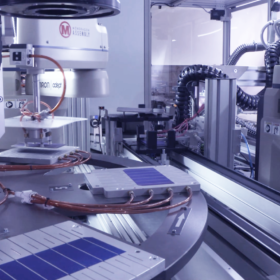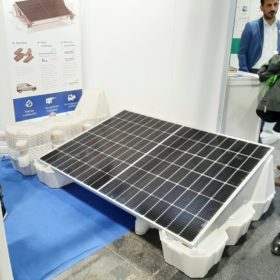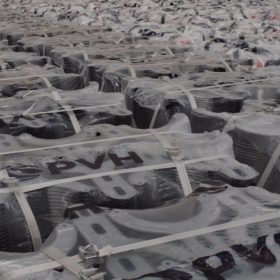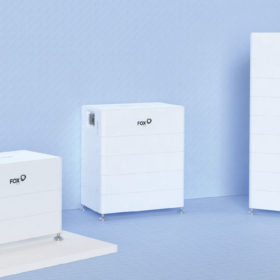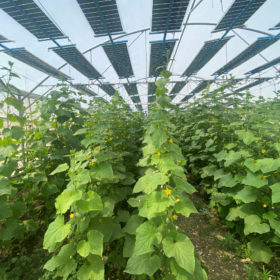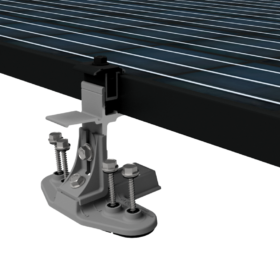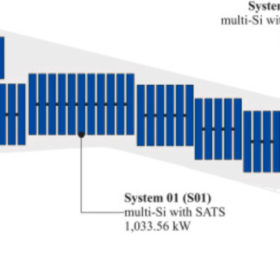EU wants European PV sector to make 40% of required components by 2030
The European Union is working on a draft proposal, which pv magazine has seen, that would require 85% of the components used in European wind farms – along with 60% of heat pumps, 85% of batteries, and 85% of electrolyzers – to be manufactured on the continent.
Only5mins! – Storage inspection and certification
Emilio Jorquera, technical account manager at Senergy Technical Services (STS), tells pv magazine that greater standardization is needed in the battery storage market.
BayWa re to sell PV product distribution business
BayWa AG is strategically realigning BayWa re so it can sell its solar trade business. In the future, the subsidiary will focus on international projects as an independent power producer (IPP).
Spanish startup releases plastic ballast mounting structure for rooftop PV
Landatu Solar has introduced a lightweight, plastic system that can be filled with water, sand, or gravel to function as a solar mounting system on flat surfaces. The units can be stacked on top of each other to facilitate transport.
PVH to build world’s largest tracker factory
PVH has confirmed that it will build a new manufacturing facility in Valencia, Spain. The factory will raise its global tracker production capacity to 25 GW.
Vireo Ventures to invest €60 million in up to 30 startups
Felix Krause, co-founder the Vireo Ventures, tells pv magazine that the Berlin-based company plans to make pre-seed and seed-phase investments in startups that are developing innovations for the energy transition.
Weekend Read: Dawn of the store-age
Last year was another landmark 12 months for energy storage, with all indicators pointing to a massive surge in demand. Supply chain instability and inflation saw battery prices rise but the industry demonstrated an ability to swiftly react to geopolitical developments. We look at five trends driving the market.
New agrivoltaic project to test crop-responsive PV trackers for greenhouses
An international consortium led by Israel’s Al-Zahrawi Society has launched the Regace project to develop agrivoltaic solutions for greenhouses. It will investigate the performance of a new tracking system across locations and climates and use carbon dioxide enrichment to improve crop yield.
SnapNrack introduces solar mount that attaches to module before roof
SnapNrack’s TopSpeed solar mount begins installation on the ground, which limits time spent on rooftops.
New study shows lower environmental impact with single-axis trackers
Brazilian researchers have compared the environmental impact of two PV plants – one with polycrystalline solar modules mounted on fixed-tilt trackers, and another with the same modules mounted on single-axis trackers. The life cycle assessment shows the system with single-axis trackers reduced carbon gas emissions by 24%, land use by 20%, and water use by 7%.
